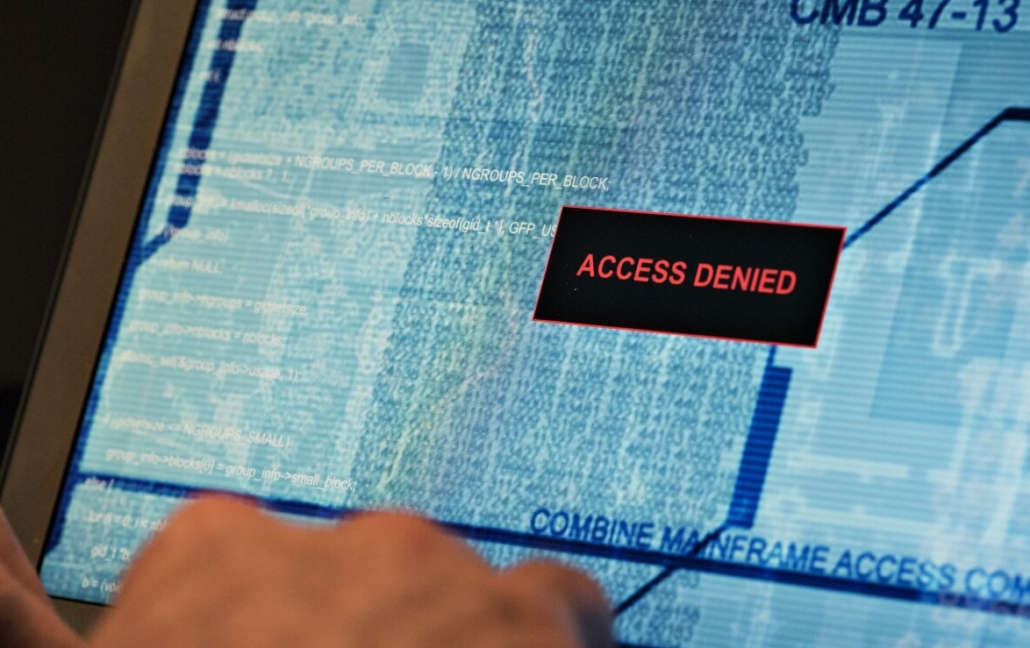Canadian Legal and Legislative Update conference
/in Events/by Information AnalystCanadian Legal and Legislative Update conference
Events
In Person Event
Canadian Legal and Legislative Update
When: May 15th – 16th, 2024
Format: In-Person
Will your pension and benefit strategies weather the tides of the legal and legislative issues impacting your organization?
Stay up to date on the latest legal and regulatory updates impacting your plans by attending the Canadian Legal and Legislative Update. This conference is relevant for trustees, plan sponsors, public employees and service providers. You will not want to miss the conference providing the latest updates on need-to-know information that will help your organization sail smoothly throughout the upcoming year.
Benefits of Attending
- Focus on the critical information you need to know now with fresh and relevant topics.
- Gain a deeper understanding of the issues affecting the pensions and benefits industry and their impact on your funds.
- Take advantage of opportunities to network with your peers.
Who Should Attend
This program is especially designed for labour and management trustees, public service trustees, professional advisors and corporate plan sponsors.
Preconference Option
We invite you to join us for this year’s preconference session Board Succession Planning. Join us before the start of the Canadian Legal and Legislative Update on Tuesday, May 14th from 1-5 p.m. to equip yourself with strategic insights and tools necessary to ensure a smooth transition of leadership within your organization.
Speakers:
Daniel Garrie
Law & Forensics









